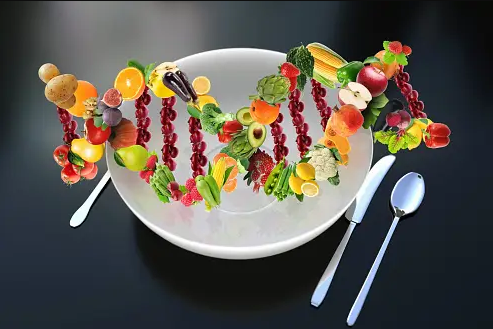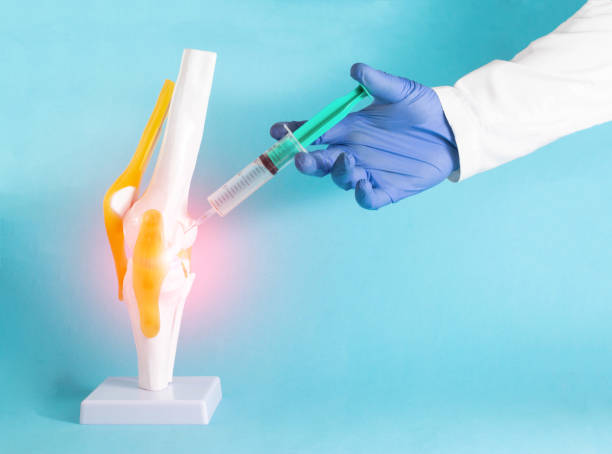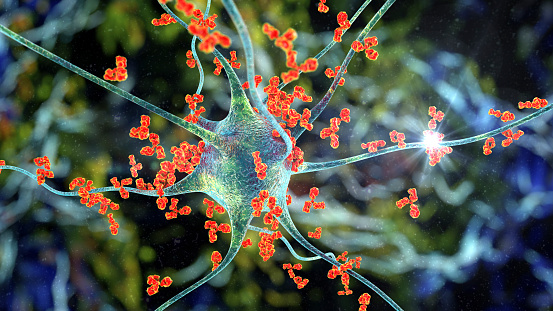
Blog
Unraveling the Link between Nutrigenomics and Infertility: A Pathway to Personalized Solutions

Infertility is a complex condition affecting millions of couples worldwide. While numerous factors contribute to infertility, emerging research in the field of nutrigenomics suggests that personalized nutrition may play a significant role in addressing fertility issues. Nutrigenomics explores the relationship between nutrition, genes, and gene expression, shedding light on how specific nutrients can influence reproductive health. This article delves into the exciting field of nutrigenomics and its potential implications for infertility, highlighting the importance of personalized approaches to fertility treatments.
Nutrigenomics investigates how individual genetic variations impact an individual’s response to nutrients and how diet influences gene expression. By analyzing genetic data, scientists can identify specific gene variants that may affect fertility-related processes, such as hormone regulation, egg quality, sperm health, and implantation. Additionally, researchers study how nutrients interact with these genetic variations, aiming to uncover personalized dietary interventions that can optimize fertility outcomes.

Numerous genetic factors contribute to infertility, including variations in genes related to hormone production, follicle development, sperm quality, and embryo implantation. For instance, variations in genes involved in the synthesis and metabolism of folate, vitamin D, and omega-3 fatty acids have been associated with fertility issues in both men and women. Understanding these genetic variations enables healthcare providers to tailor dietary recommendations to an individual’s specific needs, potentially enhancing their chances of conception.
Based on the principles of nutrigenomics, personalized dietary interventions can be designed to address specific genetic variations and optimize fertility outcomes. For example, individuals with certain genetic variants that affect folate metabolism may benefit from increased folate intake through diet or supplements. Similarly, optimizing vitamin D levels in individuals with genetic variations impacting its metabolism may improve reproductive health. Omega-3 fatty acids have also shown promise in improving fertility parameters by positively influencing sperm quality and promoting healthy embryo development.
 Various nutrients have been linked to reproductive health and may hold potential in supporting fertility. Antioxidants, such as vitamins C and E, coenzyme Q10, and selenium, play a crucial role in protecting reproductive cells from oxidative stress, which can adversely affect sperm and egg quality. Inflammation, another factor influencing fertility, can be modulated by incorporating anti-inflammatory nutrients like omega-3 fatty acids and polyphenols into the diet. Additionally, maintaining a balanced intake of macronutrients, vitamins, and minerals is vital for overall reproductive health.
Various nutrients have been linked to reproductive health and may hold potential in supporting fertility. Antioxidants, such as vitamins C and E, coenzyme Q10, and selenium, play a crucial role in protecting reproductive cells from oxidative stress, which can adversely affect sperm and egg quality. Inflammation, another factor influencing fertility, can be modulated by incorporating anti-inflammatory nutrients like omega-3 fatty acids and polyphenols into the diet. Additionally, maintaining a balanced intake of macronutrients, vitamins, and minerals is vital for overall reproductive health.
While nutrigenomics offers valuable insights into personalized dietary interventions, it is important to recognize that lifestyle factors, such as exercise, stress management, and environmental exposures, also influence fertility. Optimal fertility outcomes are achieved through a holistic approach that encompasses not only personalized nutrition but also overall lifestyle modifications tailored to an individual’s needs.
Nutrigenomics represents a groundbreaking field that holds immense potential for understanding the genetic underpinnings of infertility and developing personalized interventions to improve fertility outcomes. Unraveling the intricate relationship between nutrition, genes, and reproductive health, researchers are paving the way for innovative strategies in infertility management. However, it is essential to recognize that each individual’s fertility journey is unique, and a multidimensional approach considering various factors is necessary for personalized care. Further research and collaboration between scientists, healthcare providers, and individuals experiencing infertility will continue to advance our understanding of nutrigenomics and its application in fertility treatments, ultimately offering hope to those seeking to build their families.



